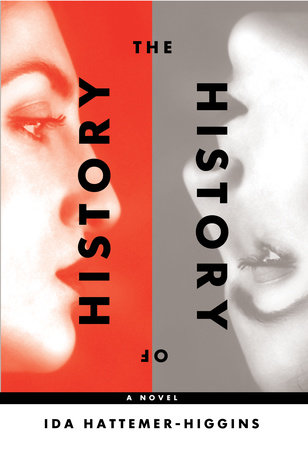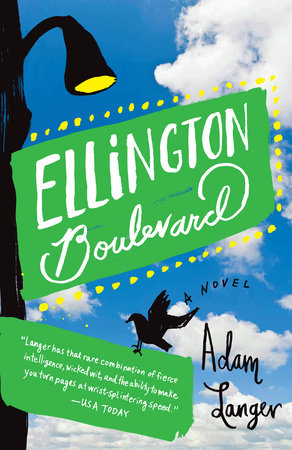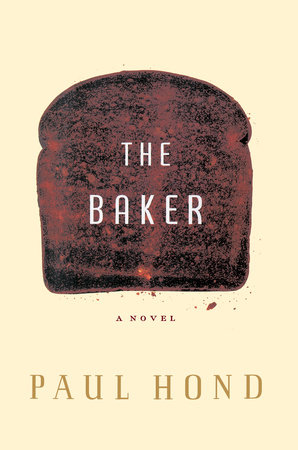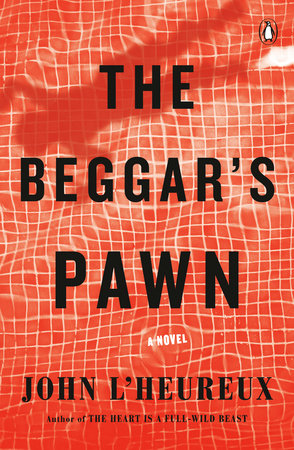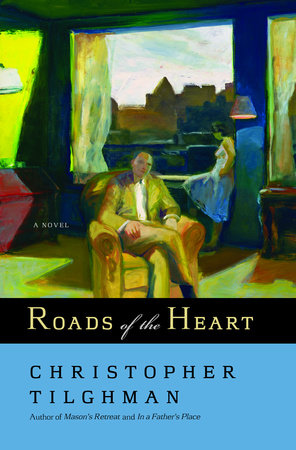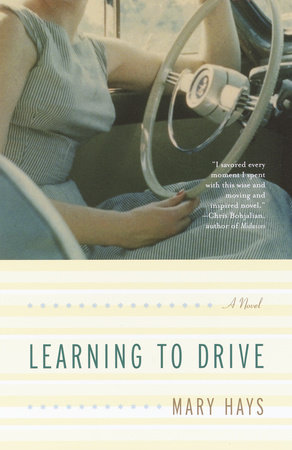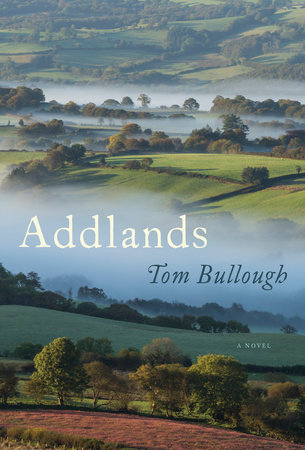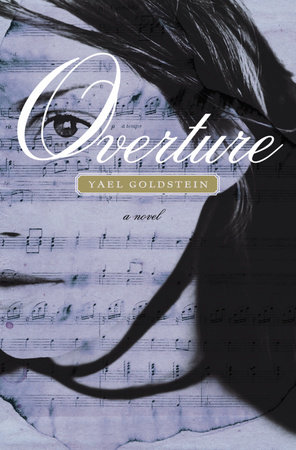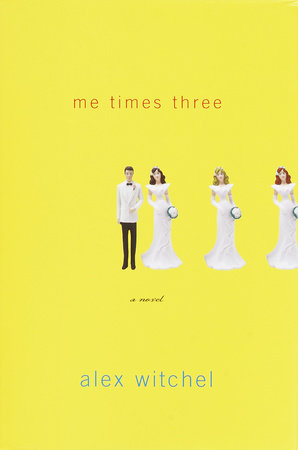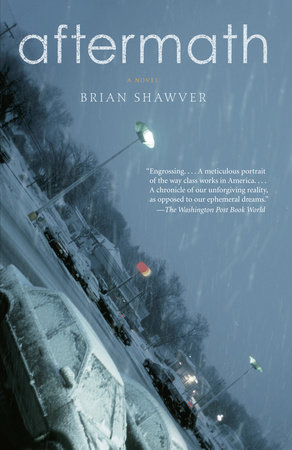In many ways, The History of History defies description. How would you characterize its genre? What do you tell people looking for a quick recap?
I’ve always have a hard time figuring out what to tell people when they ask about The History of History on airplanes and at parties. When I was searching for an agent, I didn’t know how to present it, and I fell on my face a few times. Nowadays I’d like to call it an expressionist saga. Reality is physically distorted, but the arc of the plot is structured to be suspenseful, dramatic, and taut. It tells the story of a young American woman in contemporary Berlin who wakes up in a forest without her memory. She returns to the city only to become increasingly bewitched by the Nazi past. The buildings of the city turn to flesh; she’s visited by the ghost of Nazi Magda Goebbels, who killed her six children as military defeat neared. Ultimately this young woman becomes convinced that she herself is guilty of a crime, though she’s unsure what crime it could be. She knows she’s been in love, though she’s unsure with whom–and these suspicions balloon into a true hell. Above all, The History of History is about insoluble guilt, memory, and the wonderful, terrible return of things that are buried.
Part of the book’s richness is the language, which draws from both German and English. How does being multilingual affect your writing?
There are shreds of German in The History of History, but not on the assumption that the reader knows German. The German language is essential to the fierce, Teutonic, high-spirited mood of Berlin. This mood travels in the language even if it can’t be literally deciphered, and it looms over any visitor to the city. That said, in the novel it’s only used at points when the protagonist feels foreign and estranged, when the reader should be dragged through these feelings with her.
I left the U.S. for good in 2001, and even before, I spent time living abroad in China and West Africa. Later I was in Japan, Sweden, and India. I’ve lived in Berlin a long time now. If you count it all up, it’s seven years. I speak several languages—five well, and two less well. I think in German maybe half the time. I find that reality shifts when rendered in one language instead of another. When I grope for a means to express a feeling-image, my mind jumps here and there, and sometimes my first instinct is to put German into a solution that teeters precariously in English. Sometimes I simply borrow from the German language’s poetry, which is striking and beautiful to a non-native speaker. For example, we say ‘frivolous’ in English, a word that has no obvious meaning unless you’ve pre-learned it. The Germans say ‘leichtfertig’ which is literally ‘easily-finished.’ I’ve internalized that sense of it—the concept of someone who finishes tasks too easily. Immediately I have a dream of a woman at a sewing machine, or a man at a piano, standing up with a forced smile of self-regard while the sonata is only half mastered, the dress lacking a zipper. There’s something very touching and sad about that linguistic idea.
How do you approach fiction: lots of research, total imagination, or a little of both?
Well, first a sort of non sequitur. A friend once remarked that how much you achieve is determined by whether you’re able to harness your libido to your intellect. When things go well, the libido becomes the engine pulling the intellect forward. I think this is especially true for writers of fiction. Research creates an intellectual life, and imagination harnesses that life to your deepest hungers.
In the case of The History of History it was like this: When I started writing the book I was a tour guide in Berlin, and I was giving tours of the concentration camp of Sachsenhausen. I became as obsessed with this history as my protagonist does. In part, I simply wanted to give good tours (on many tours someone would ask me flat-out: “How could the Holocaust have happened?”), but there was also something much deeper. I was in love with a German man, and I was in love with living in Germany. But I couldn’t staunch the pain of what had happened here, particularly coming into contact with it the way I did at work, and seeing the many continuities in the culture. It became important for my own reconciliation with living in this country that I develop convictions on certain key points. I read every book and took every class I could find on the topic of Vergangenheitsbewältigung, or ‘coming to terms with the [Nazi] past.’ By the time I started writing H of H, I had a huge body of knowledge to draw from. And I do think historical accuracy is critical: A fantasy based on a fantasy is boring. But a fantasy based on reality is interesting.
You said once that the book is an allegory for post-War German history. Is that still how you think of it?
Yes, the book is structured as an allegory. It can be read either as Margaret’s personal story, or it can be read figuratively as a fable of a nation that wakes up slowly, after two decades of amnesia, to a recognition of atrocities in its past. (These two decades exist in the book as Margaret’s two lost years.) Whether it’s productive for you to think about it like that, you’ll have to decide on your own. You certainly don’t have to. But what is clear is that the book is trying to make some statements about where Germany is now in relationship to this history, and also about the links between personal and collective psychopathology.
If you weren’t writing, what would you be doing?
Nowadays I translate a lot. When I was younger I tried my hand at making films. That’s how I ended up in India for a while – I was working on a Bollywood film set. But I was too much of an introvert for filmmaking, and also, more importantly, too much of an introvert for the arduous work of artistic freedom, which involves a lot of campaigning for financial backing. But I still love the movies.
What books would we find on your nightstand?
Lately I’ve been reading Roland Barthes’ S/Z, and because of that, I’ve been returning to Balzac, and enjoying him immensely. Everyone should read Balzac! I recently read Plato’s Symposium for the first time. I’ve got the new Michel Houellebecq, although I haven’t started reading it yet, and I’m also looking forward to Halldór Laxness’ Independent People, which just came in the mail. I recently read Hopscotch by Cortàzar. My nearest and dearest are Hannah Arendt’s monumental studies and Susan Sontag’s essays.
What are you working on now?
I’m deep in new projects right now. I hope to complete a cycle of two more novels involving a personal reckoning with the 20th century—meaning, coming to understand three things that are heartbreaking and riddling to me. First: The Holocaust and Europe’s mantle of guilt—that’s The History of History. Second: the failed 20th century dream of Communist utopia, particularly in Russia. And finally: oil, or, the relationship between the United States and the Middle East. This might make it sound like I want to write historical novels, or novels that deal explicitly with current events. I don’t. The essential is the emotion. We are living under the thumb of these tragedies in ways that are invisible, and I want to manifest part of that. Right now I’m working on the Russian one. I’ll try to make all three books more lyrical than doorstopper; all three will be love stories, and all three will be a transformation of my own experience. That’s why I’m spending more and more time in Moscow.
